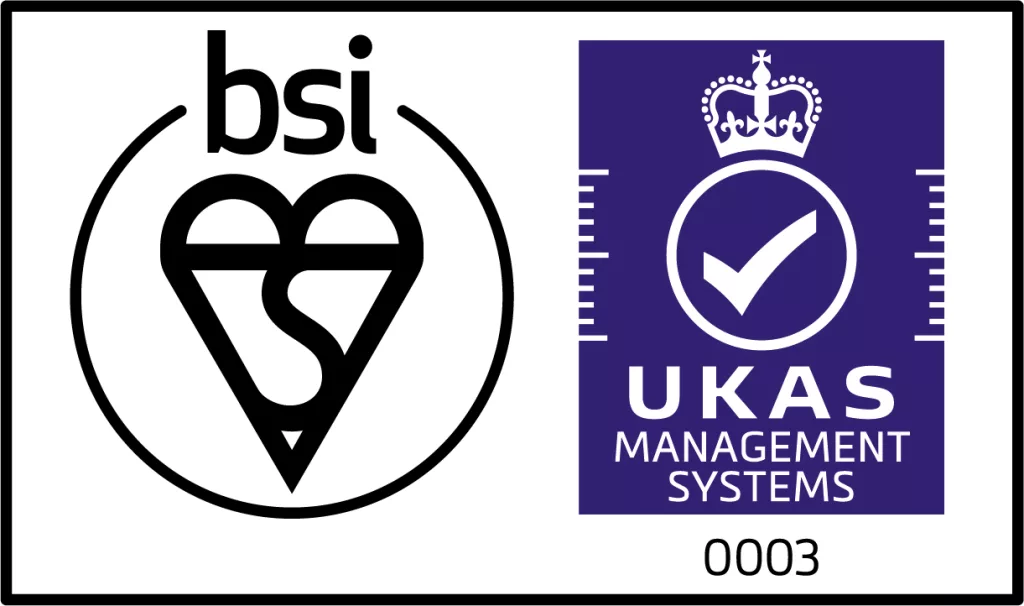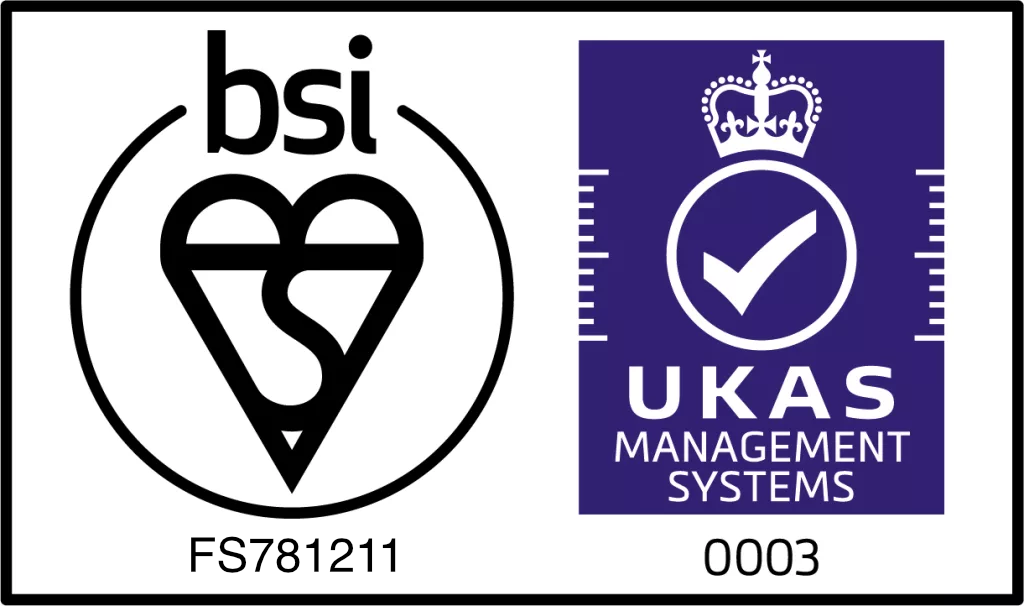
Information is big business.
Information is responsible for driving key decisions. Good decisions start with data, well so do the bad ones. Rubbish in equals rubbish out.
The hard part is ensuring you are getting good quality data. It needs to be transparent and on a lot of occasions it isn’t because poor metrics are manipulated through fear of any repercussions. If you are going to be reporting on a metric then the good and the bad need to be reported just as openly however we have a tenancy of reporting the good and manipulating the bad so it doesn’t look so as bad as it really is while trying to fix the problem so nobody knows how bad it really was…
Here’s an example I’ve used before and I like because it happens all too often.
Programme shows that you have achieved 25% of the overall programme and are on target but the costs show that 30% of the planned budget has been expended to get to this point.
If you extrapolate that expenditure to the end of the project there is going to be a 20% overspend and with such a large overspend its unlikely this is going to come back into line. That being said this kind of information will often have a positive spin on it with some overvalued claw backs taken into consideration to show a margin.
Everyone has an opinion and some will be more vocal about theirs than others. Some may put a positive spin on the example and shrug it off however the data is clearly showing there is a big disparity between the planned budget and the programme. This data could help drive a key decision on recovery for the project. Likewise an opinion based manipulation of the same information could cause a different approach. Think about it and how often you see these approaches taken on site.
Making sure data collection is calibrated can also be an important part of any process. For instance take earthworks quantification. A good daily measure of productivity is a load count but this is an estimate of how much each load will take and needs to be calibrated. A monthly volumetric survey needs to be undertaken and used to adjust the daily rates based on the result.
Making sure KPIs are cross checked will ensure that any over estimation in the capturing process is removed. This may get shrugged off as too much additional work but when you consider the potential cost of the decision that data could be driving its necessary.
So many decisions are driven from data but how often is the reliability of that data really scrutinised.
As construction is now increasing the use of data capture from machine telemetry to more sophisticated surveying techniques we need to be aware of the process that data has gone through before being presented to drive decisions. Any manipulation along the way will have an effect on the decision as dilution can occur.
Good data is powerful but bad data disguised as good data can be lethal…
Planetal provides Tendering, Delivery Planning and Forensic Delay Expert Services to the construction industry. For more information on how we can help click one of the links below:
Forensic Delay Expert Services
For any further information or to discuss any programme requirements contact us on:







